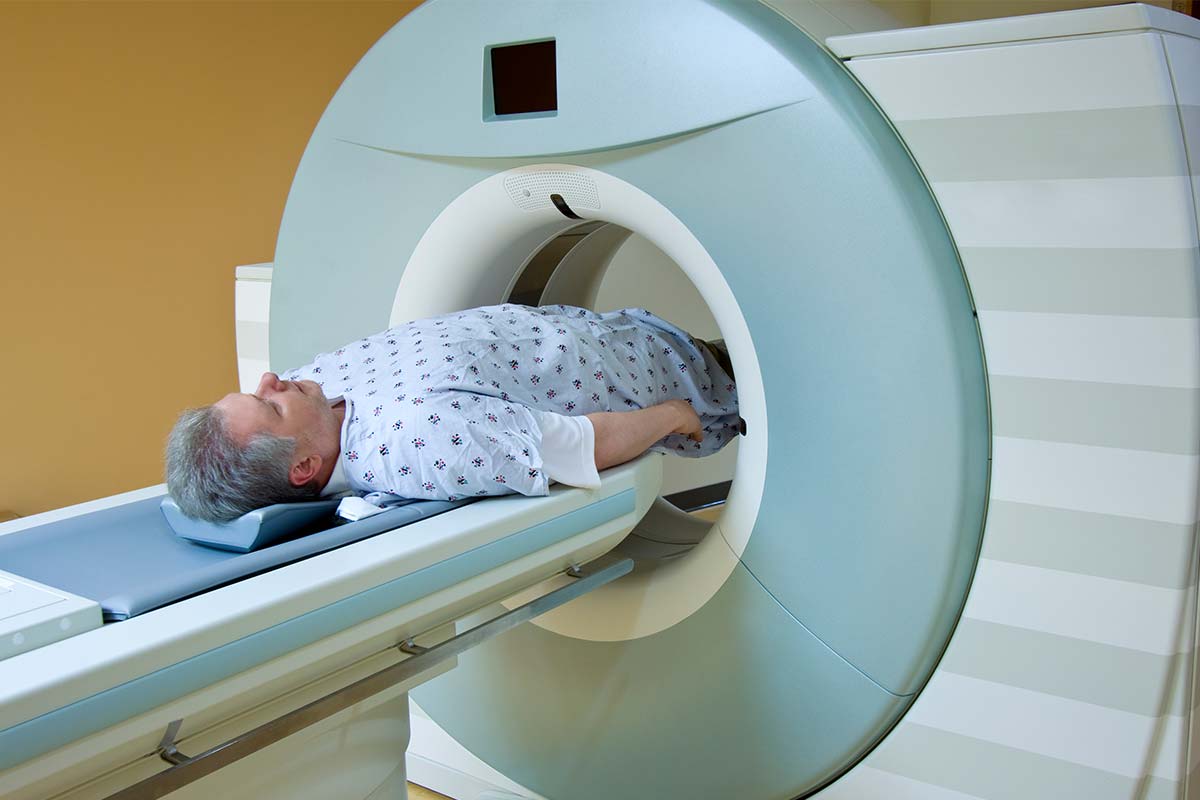Victorian discovery could be a game-changer in battle against one of the biggest killers of men

A new development by RMIT University and St Vincent’s Hospital experts could be a game-changer in the battle against one of the biggest killers of men.
Prostate cancer is the fourth leading cause of death in men in Australia, behind heart disease, lung cancer and cerebrovascular diseases, but there is no screening program for the cancer, due to the unreliability of existing detection methods.
That may be about to change thanks to Melbourne researchers, who have discovered artificial intelligence can identify signs of prostate cancer in CT scans.
Dr Ruwan Tennakoon, an RMIT lecturer involved in the research, says results can be processed “within a couple of seconds”.
“If a patient comes into a hospital to get a CT for some reason, like a broken hip or something like that, that CT can be analysed with the help of AI for signs of prostate cancer,” he told Stephen Quartermain and Emily Power, filling in for Ross and Russel.
“At the moment the technology or the tools that are available for prostate cancer detection aren’t the best.
“There are some tests available but they tend to lead to over-diagnoses, therefore the Australian medical professionals decided not to do a prostate cancer screening program.”
A clinical trial is the next step for the new discovery, with researchers hopeful it’ll eventually be rolled out in Victorian hospitals.
Press PLAY below to hear more about the new detection method for prostate cancer















